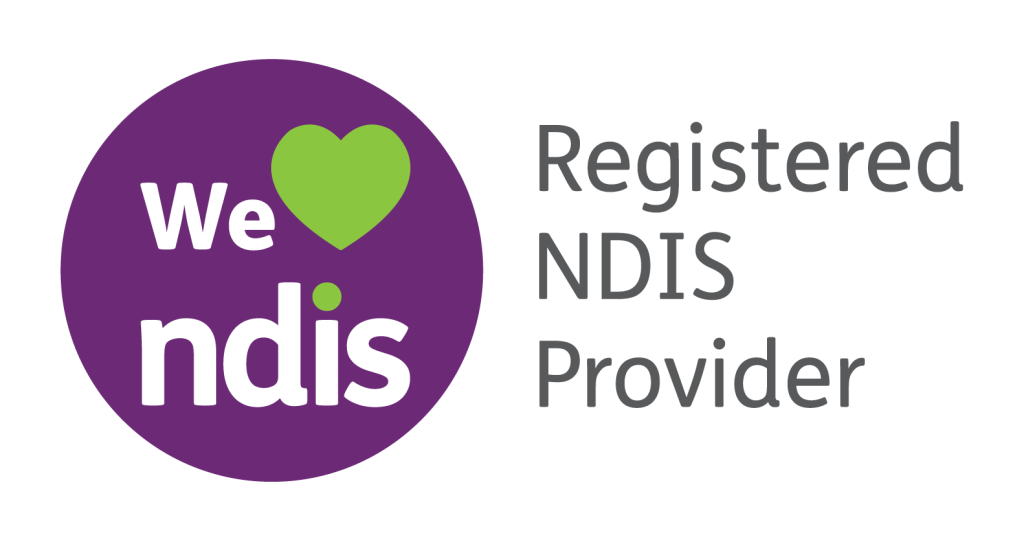Disability advocacy is acting, speaking or writing to promote, protect and defend the human rights of people with disability. The Australian Government, and some state and territory governments, fund independent advocacy to help promote, protect and defend the human rights of people with disability.
Who is disability advocacy for?
Advocacy support is for people with disability who face complex challenges.
If you are unable to at, speak or right about a difficult situation on your own, or don’t have the support network to help you do so, then disability advocacy might be an option.
Family members or carers acting on behalf of people with disability may also be able to seek disability advocacy support, as long as there is not conflict of interest.
Is a disability advocate independent?
A Government funded disability advocate must be independent and act solely in the
interests of the person they are supporting. An advocate is not independent if they, or the organisation they work for benefits from influencing the outcome of the advocacy – this would be a conflict of interest.
How is a disability advocate different to a National Disability Insurance Scheme (NDIS) Local Area Coordinator or NDIS Support Coordinator?
Disability advocates provide advocacy support and focus on upholding the rights of people with disability. NDIS Local Area Coordinators assist with accessing NDIS supports and connecting people to information and support in their local area. NDIS Support Coordinators help participants implement and manage their NDIS plans and supports.
What kinds of issues can a disability advocate help with?
Access to government benefits, payments, pensions and support services by:
Get support for a legal issue by:
Get mental health supports by:
Get translation services such as:
How do I find an independent advocate?
To find an advocate in your area:
When you first contact a disability advocacy service, you can provide information about your situation and ask for help. The service may then provide you with an advocate, place you on their waiting list or refer you to another service for support.
You can also find an advocate near you by contacting the Disability Gateway on 1800 643 787, Monday to Friday, 8am to 8pm AEST/AEDT or by searching ‘advocates’ at www.disabilitygateway.gov.au.
If you need information in a language other than English, call the Translating and
Interpreting Service on 131 450 and ask to be connected to the Disability Gateway.
If you are deaf or hard of hearing and/or find it hard speaking with people who use a phone, call the National Relay Service on 1800 555 677 and ask to be connected to the Disability Gateway.
Where can I find more information?
The Disability Gateway is a free, Australia-wide service that helps all Australians with disability, their families and carers to find trusted information and connect to government funded home care services in their local area. You can find out more by visiting www.disabilitygateway.gov.au.
Disability Advocacy Agencies in Queensland
Aged and Disability Advocacy Australia (ADA) 1800 818 338
People With Disability Australia Incorporated (PWDA) 1800 422 015
Queensland Advocacy Inc (QAI) (07) 3844 4200
Speaking Up For You Inc (SUFY) (07) 3255 1244
Sunshine Coast Citizen Advocacy Programme Inc (07) 5442 2524
TASC National Ltd (07) 4616 9700

web design by kmo | Copyright © 2025 Your Home Care. All rights reserved | ABN 11 145 378 258